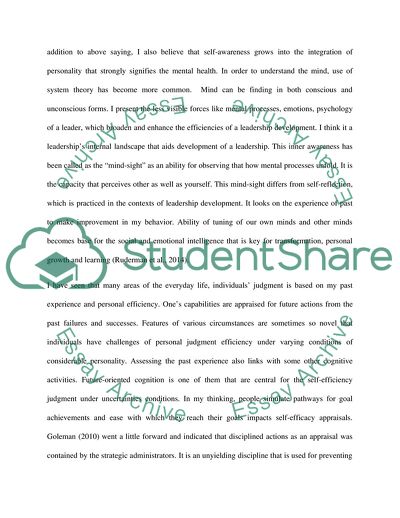Cite this document
(Organisational Learning: Otcion's Case Evaluation and Personal Mastery Study Example | Topics and Well Written Essays - 2000 words, n.d.)
Organisational Learning: Otcion's Case Evaluation and Personal Mastery Study Example | Topics and Well Written Essays - 2000 words. https://studentshare.org/human-resources/1853693-organisational-learning-otcions-case-study-evalution-and-personal-mastery
Organisational Learning: Otcion's Case Evaluation and Personal Mastery Study Example | Topics and Well Written Essays - 2000 words. https://studentshare.org/human-resources/1853693-organisational-learning-otcions-case-study-evalution-and-personal-mastery
(Organisational Learning: Otcion'S Case Evaluation and Personal Mastery Study Example | Topics and Well Written Essays - 2000 Words)
Organisational Learning: Otcion'S Case Evaluation and Personal Mastery Study Example | Topics and Well Written Essays - 2000 Words. https://studentshare.org/human-resources/1853693-organisational-learning-otcions-case-study-evalution-and-personal-mastery.
Organisational Learning: Otcion'S Case Evaluation and Personal Mastery Study Example | Topics and Well Written Essays - 2000 Words. https://studentshare.org/human-resources/1853693-organisational-learning-otcions-case-study-evalution-and-personal-mastery.
“Organisational Learning: Otcion'S Case Evaluation and Personal Mastery Study Example | Topics and Well Written Essays - 2000 Words”. https://studentshare.org/human-resources/1853693-organisational-learning-otcions-case-study-evalution-and-personal-mastery.


